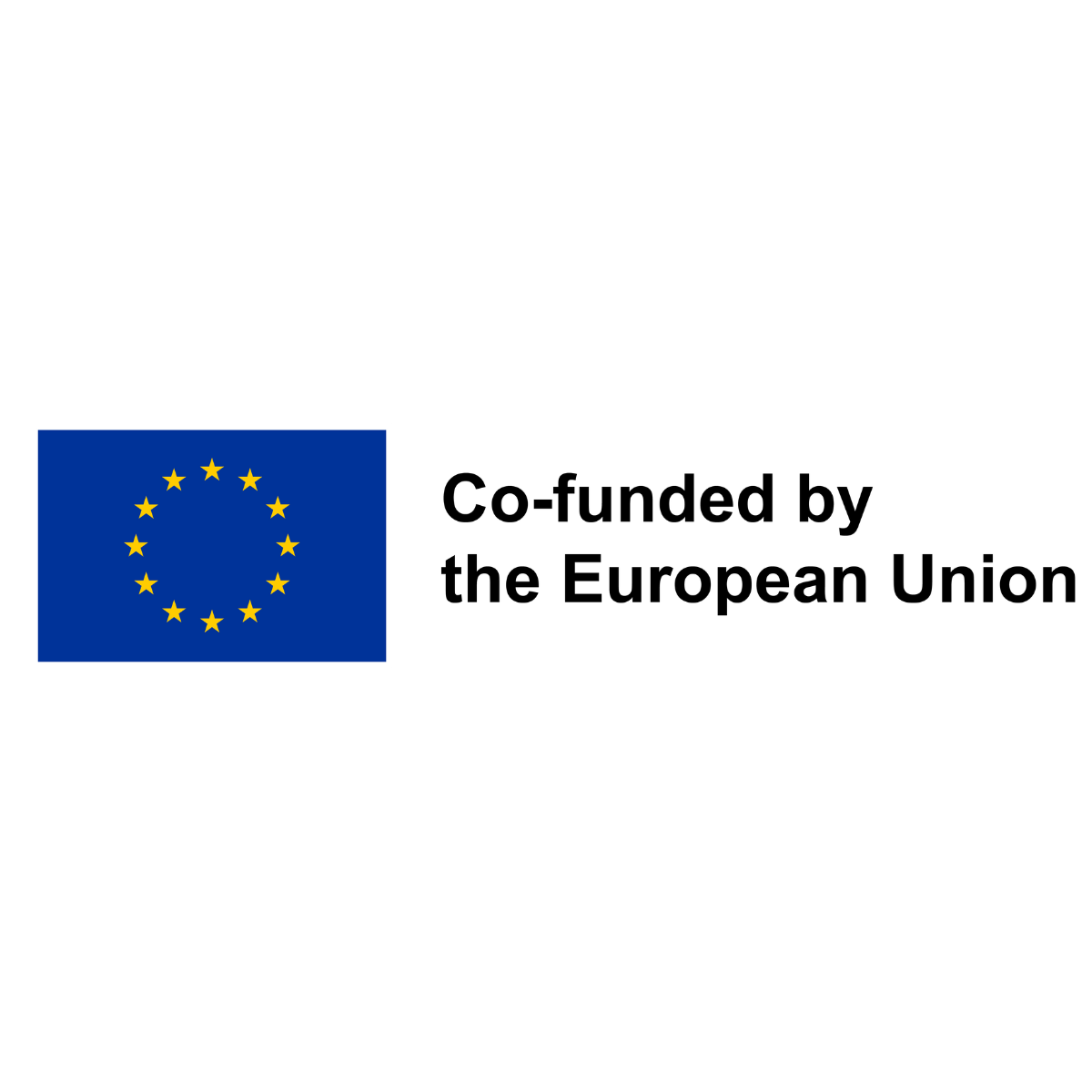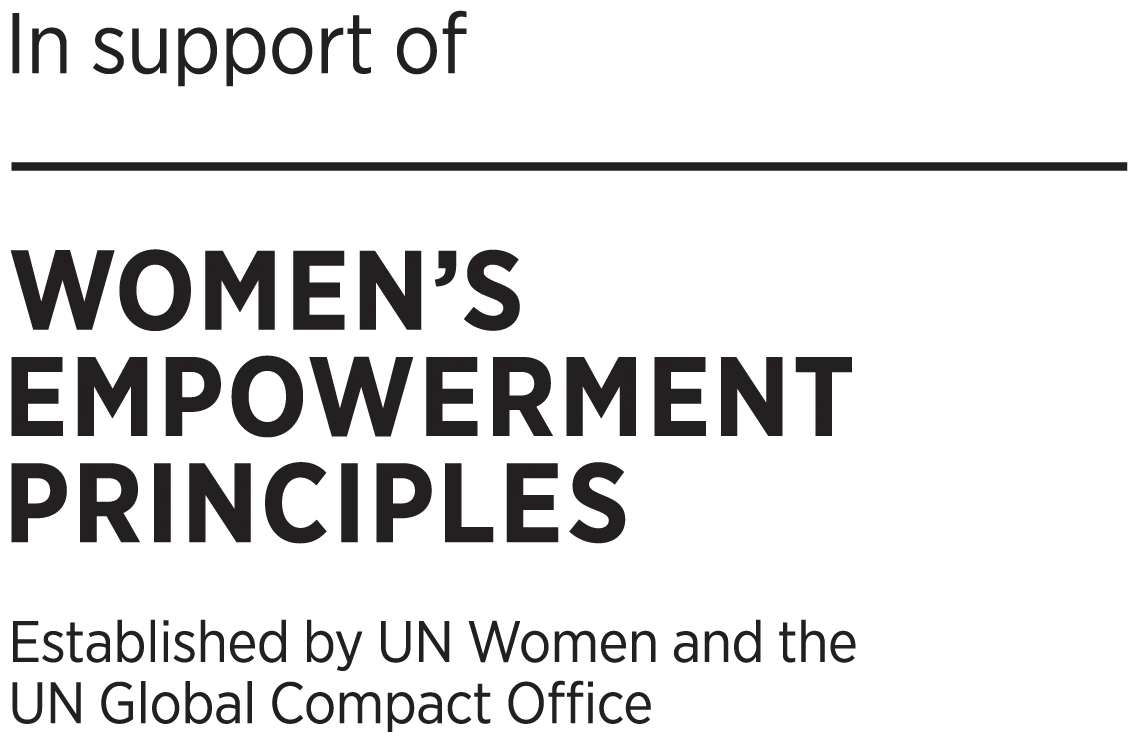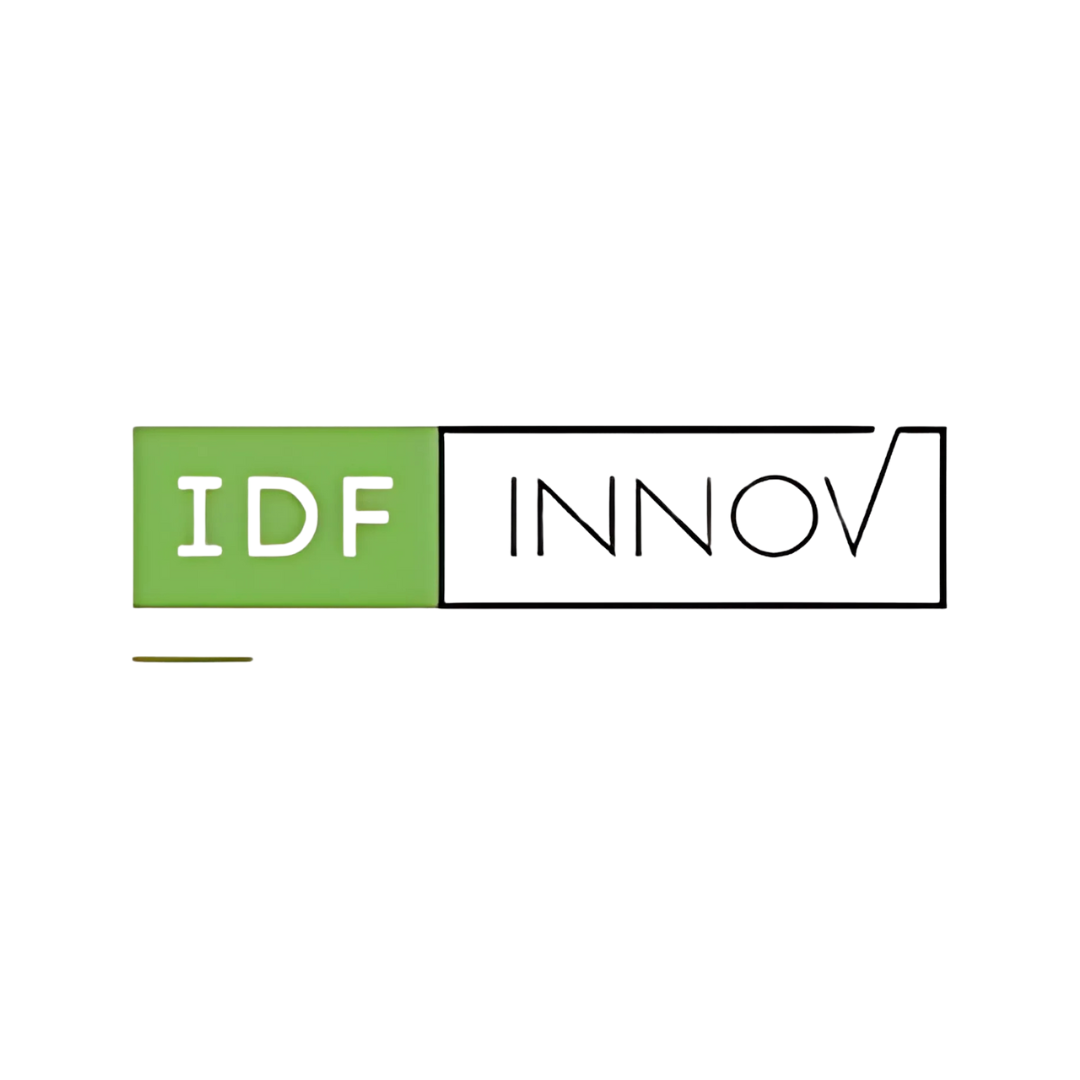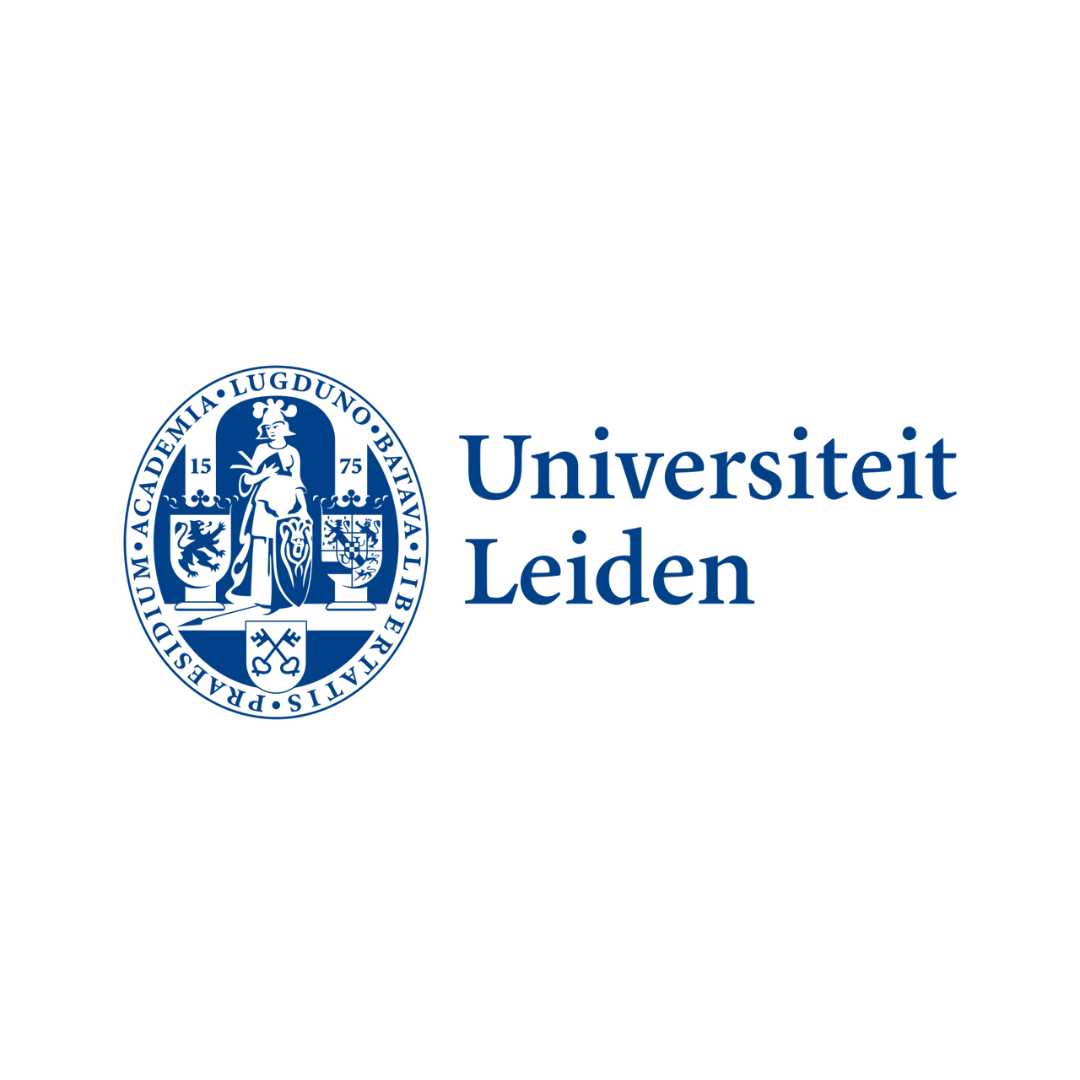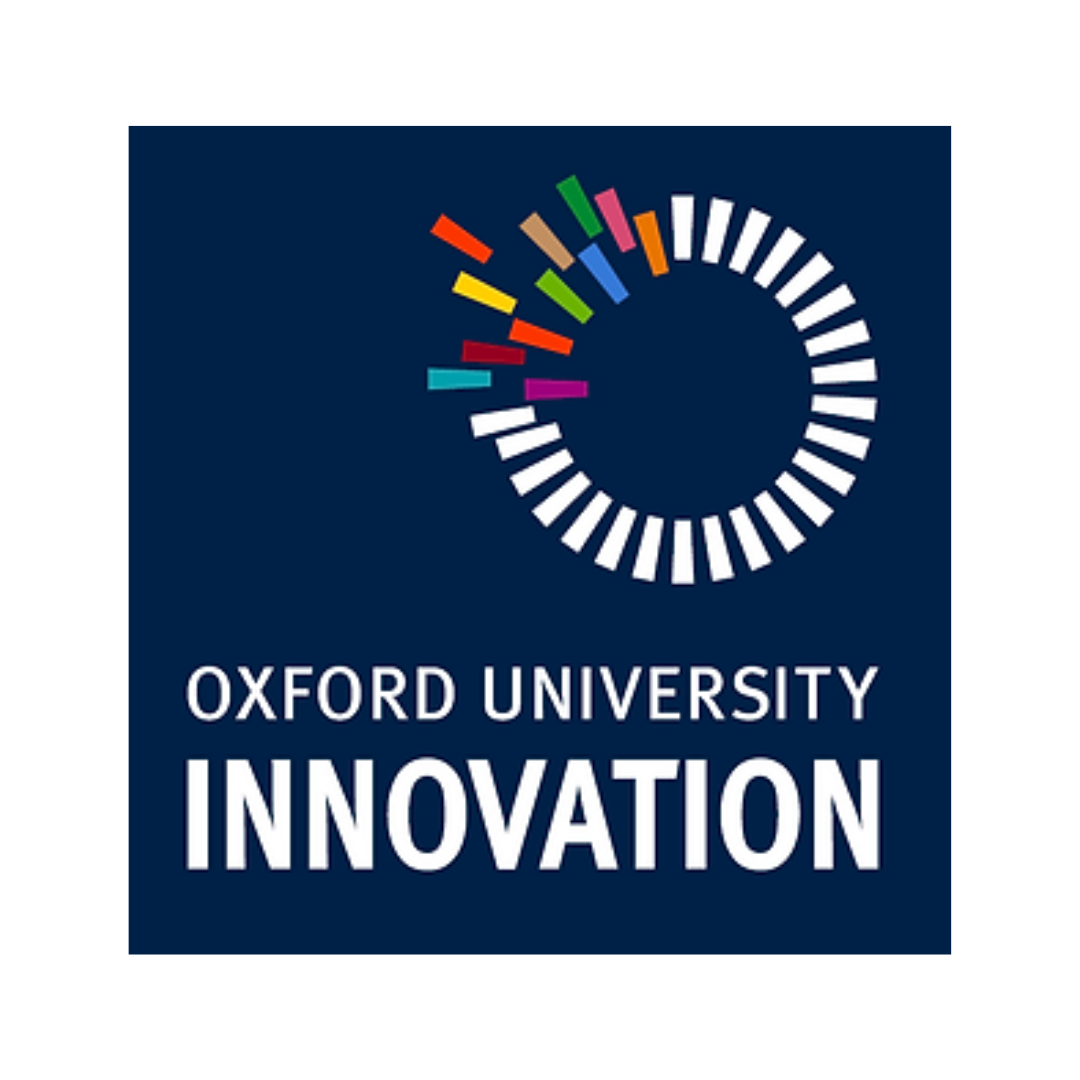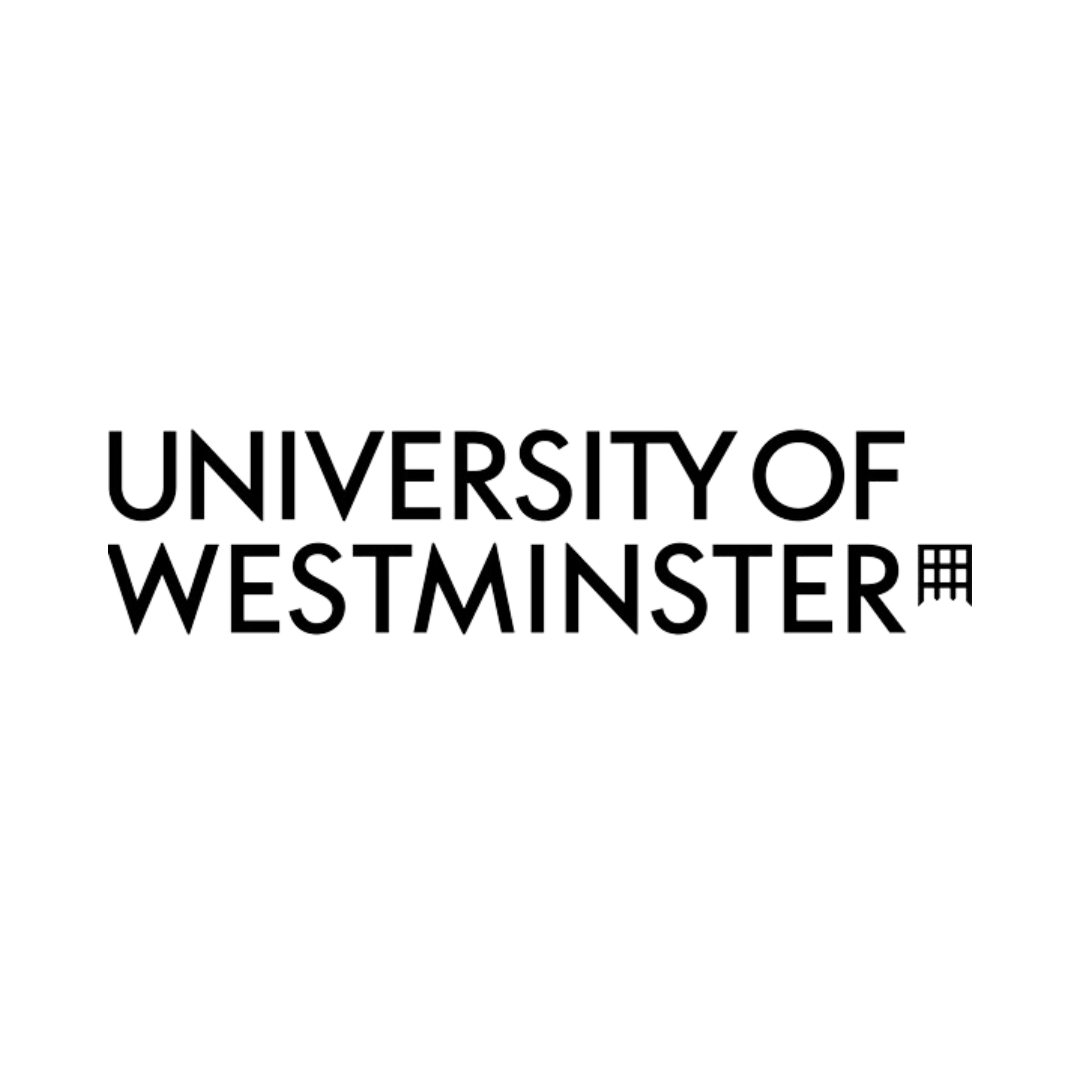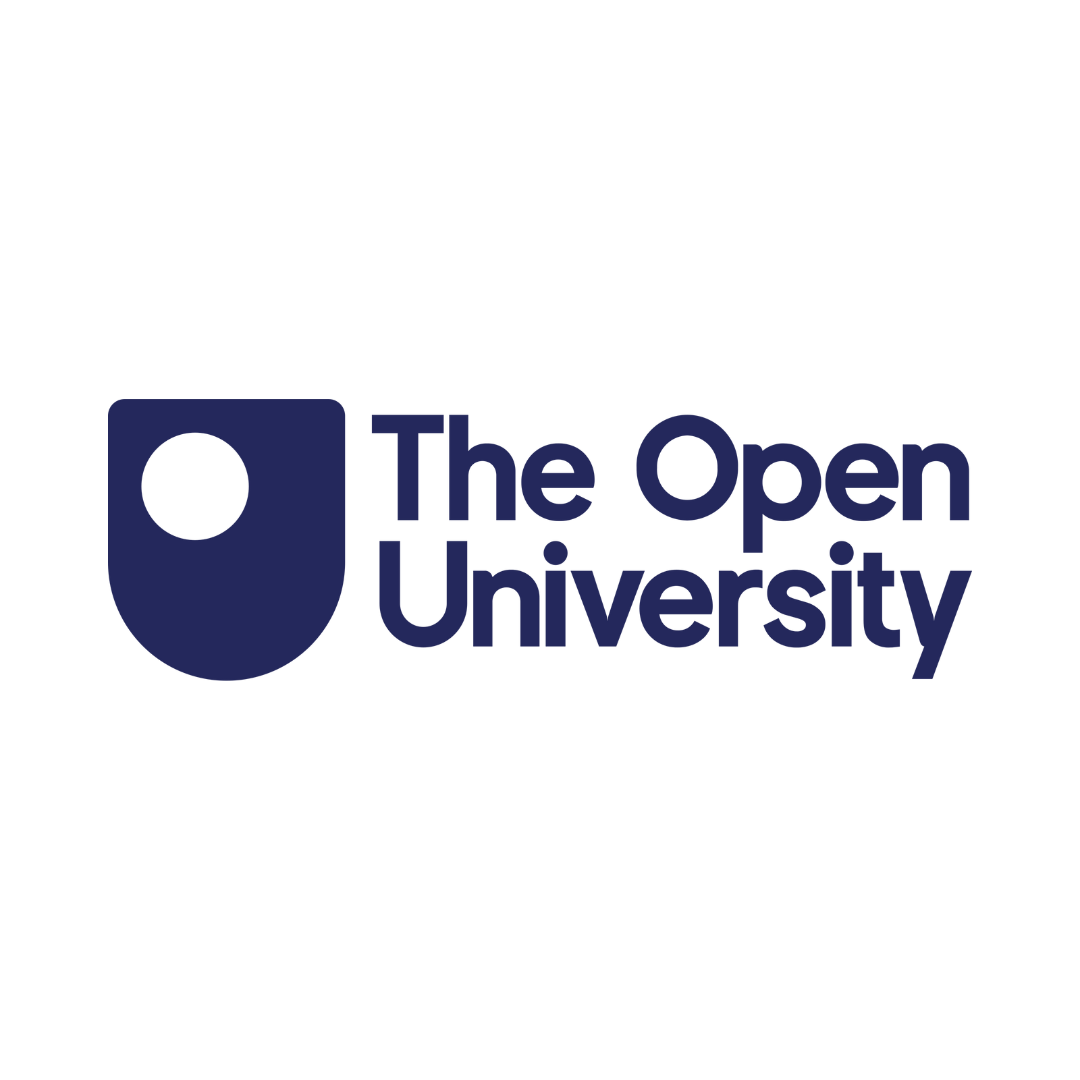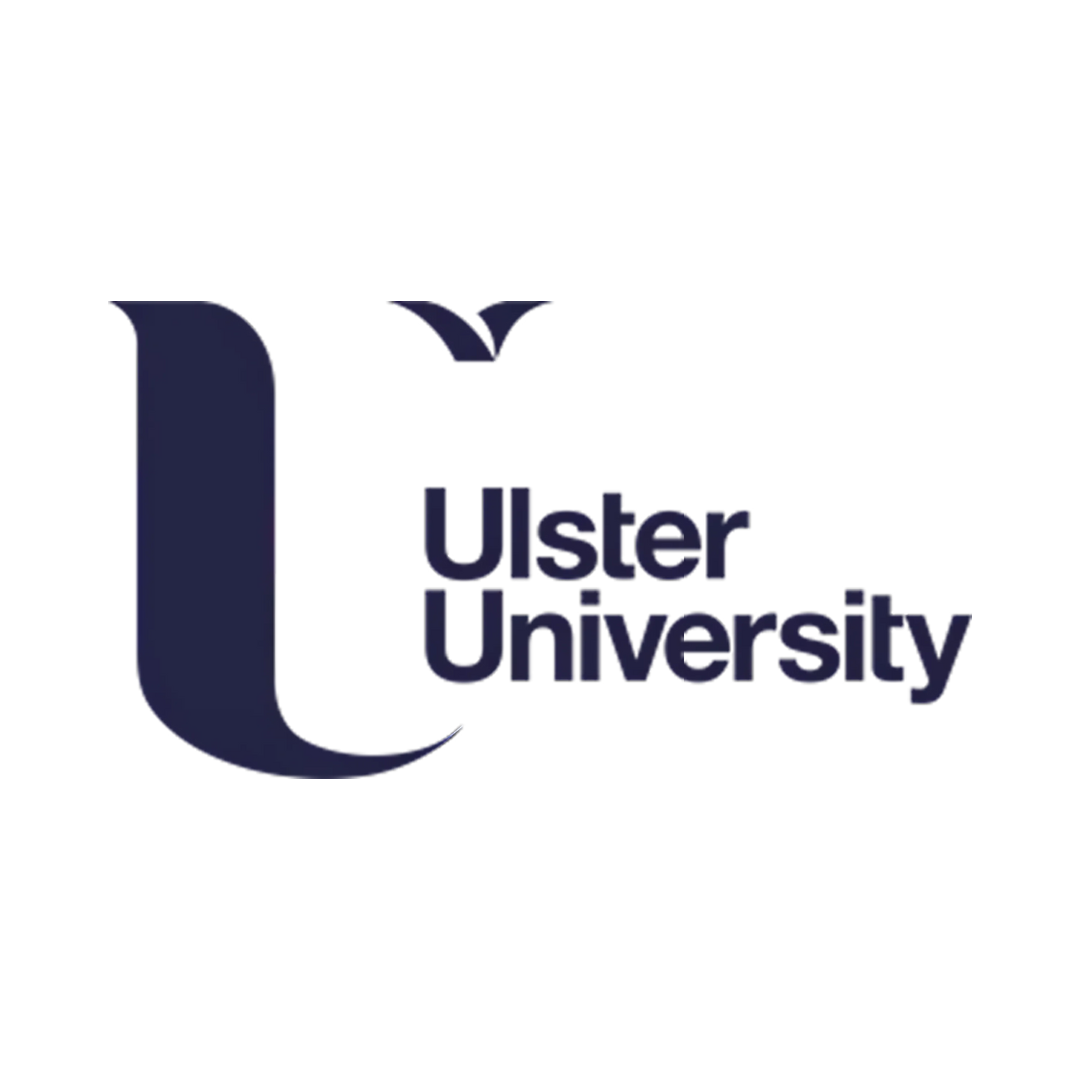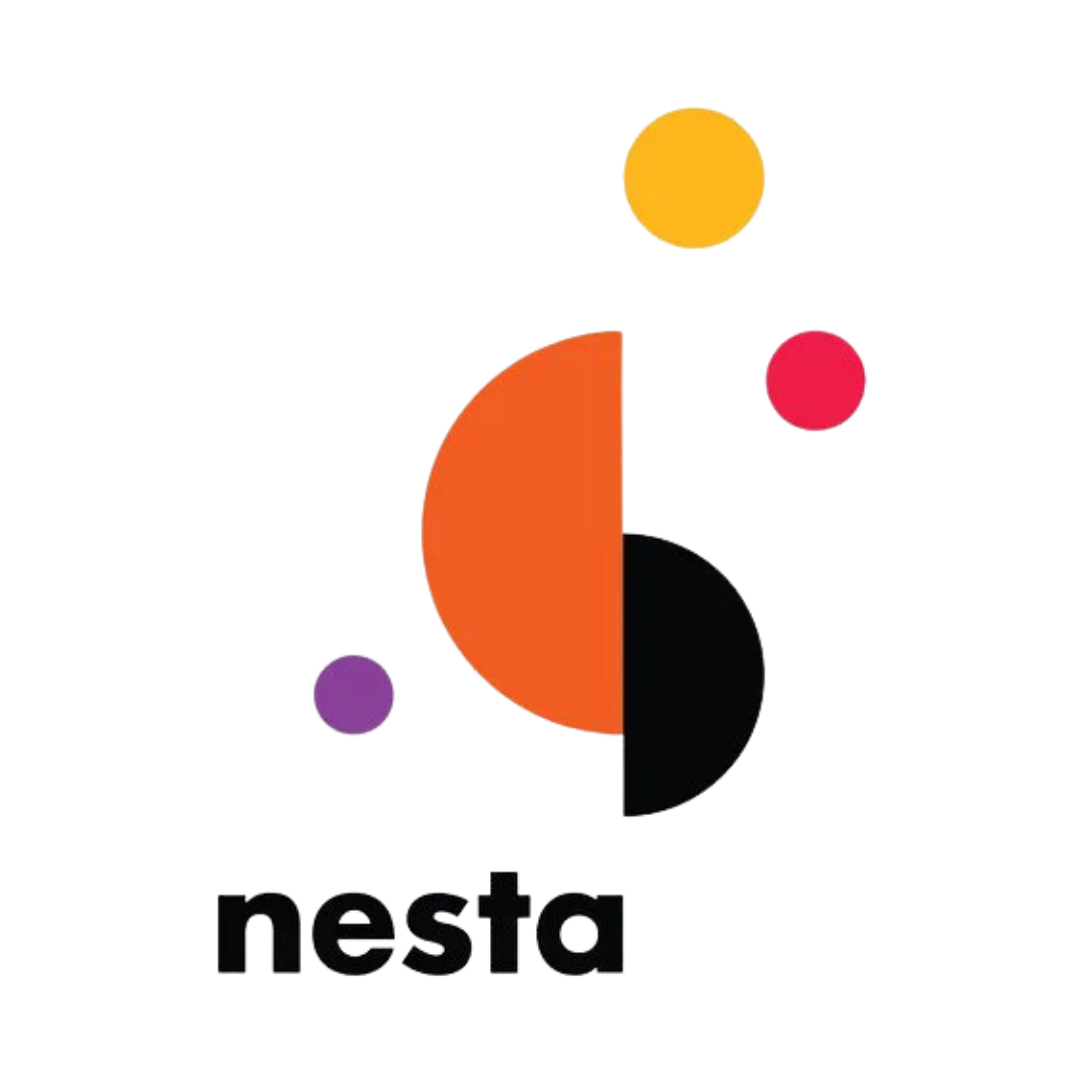The Knowledge Exchange Revolution
Insights into the technology transfer manager's profession
Published on February 11, 2021
A changing landscape
The last two decades have seen a significant change in the knowledge exchange landscape, with research institutions showing increased interest in building IP portfolios and translating research outputs into products and services. This remarkable change is due, in part, to the desire of researchers to demonstrate the impact of their discoveries outside the academic world, but there is also institutional dimension to consider: for many higher education institutions, the
creation and commercialisation of IP is both a source of income and a way to deliver against the benchmarks set by national and international university rankings.
In emerging and leading economies alike, the interest of academics and research institutions in knowledge exchange is often a reflection of governmental innovation agendas aimed at driving and strengthening economic growth. Now more than ever, we see governments investing funds and developing policies to foster knowledge exchange and support the translation of research into businesses that benefit society. In the UK, an example of this can be found in the recent launch of the Knowledge Exchange Framework, a new scheme that will classify UK higher education institutions according to commercialisation outputs. Plenty of other initiatives aimed at fostering research commercialisation can be found outside the UK.1
Organisations in the private sector are themselves experiencing unprecedented pressure to remain competitive by capturing IP and ensuring that this is commercialised and managed profitably. Because of such changes, innovation ecosystems all over the world need technology transfer specialists, qualified professionals dedicated fully to the management of innovation and the processes, activities, and strategies that enable it.
What are the skills needed to be a technology transfer professional?
Successful technology transfer professionals combine technical and commercial skills. These professional figures must be able to identify and source commercial opportunities within their institutions, and manage their transformation through to product launch. To do this, they must master, among others, the following areas of expertise:
- IP due diligence
- Risk assessment
- Business and market strategy
- Negotiation and securing commercial partners
- Investment sourcing.
What formal accreditations are there?
To ensure that knowledge exchange managers are trained according to up-to-date best practice, new professional development programmes and qualifications have been created. Among others,2 the Alliance of Technology Transfer Professionals (ATTP), the umbrella of national and regional technology transfer associations, has created the Registered Technology Transfer Professional (RTTP) designation, the official international standard for knowledge exchange and commercialisation practitioners. Through this, the ATTP aims to maintain high standard of knowledge exchange activities throughout the world, providing training and professional qualifications to meet those standards. To date, the ATTP has supported the development and qualification of over 600 practitioners operating in universities, governments, and the private sector in 40 counties.
To apply for official RTTP status, knowledge exchange practitioners must collect a minimum of 60 training credits by attending professional development courses by trusted ATTP-accredited providers. A fundamental aspect of the RTTP qualification is its emphasis on practice: in order to qualify, applicants must demonstrate significant experience in achieving and managing commercial outcomes out of the world of knowledge exchange.
What next?
The current landscape is driving change towards an increased professionalization of innovation management practitioners, and towards the institutionalization of innovation facilities and services. It is likely that innovation offices will soon be essential components of all higher education institutions and research organisations – just like we conceive libraries as necessary components of learning and research institutes today. And just like libraries need competent librarians to run efficiently, innovation offices will continue to require qualified personnel.
The need for knowledge exchange training and accreditation is therefore likely to increase further in the coming years, much like it happened overtime in the accounting profession: while back in the day one could simply be an accountant and benefit from experience, now official recognition of professional skills is a requirement for accounting positions.
This change in the professional landscape of knowledge exchange is likely to be reflected in the private sector. With higher education institutions becoming increasingly more active in research commercialisation, businesses will need to build innovation strategies to remain competitive; and this, in turn, will require increased professional knowledge of research translation and commercialisation.
What is Oxentia doing to contribute to the creation of technology transfer skills around the world?
At Oxentia we believe that innovation and knowledge exchange are positive drivers of socio-economic growth. This is why we are a licensed provider of ATTP-approved training. So far, we have supported over 1,000 trainees from 4 different continents in obtaining formative credits that count towards the application requirements for official RTTP status. The changes that lie ahead in the world of knowledge exchange across all sectors make our commitment to innovation management practice and training increasingly relevant. We look forward to continuing to drive this important, game-changing mission to support the global economy.
_________________________________________________________________________________________________________
Oxentia offers five ATTP accredited training courses, each worth 15 formative credits. Our courses are delivered on an open enrolment basis and for clients across the world, both in person and remotely. Discover them here.









